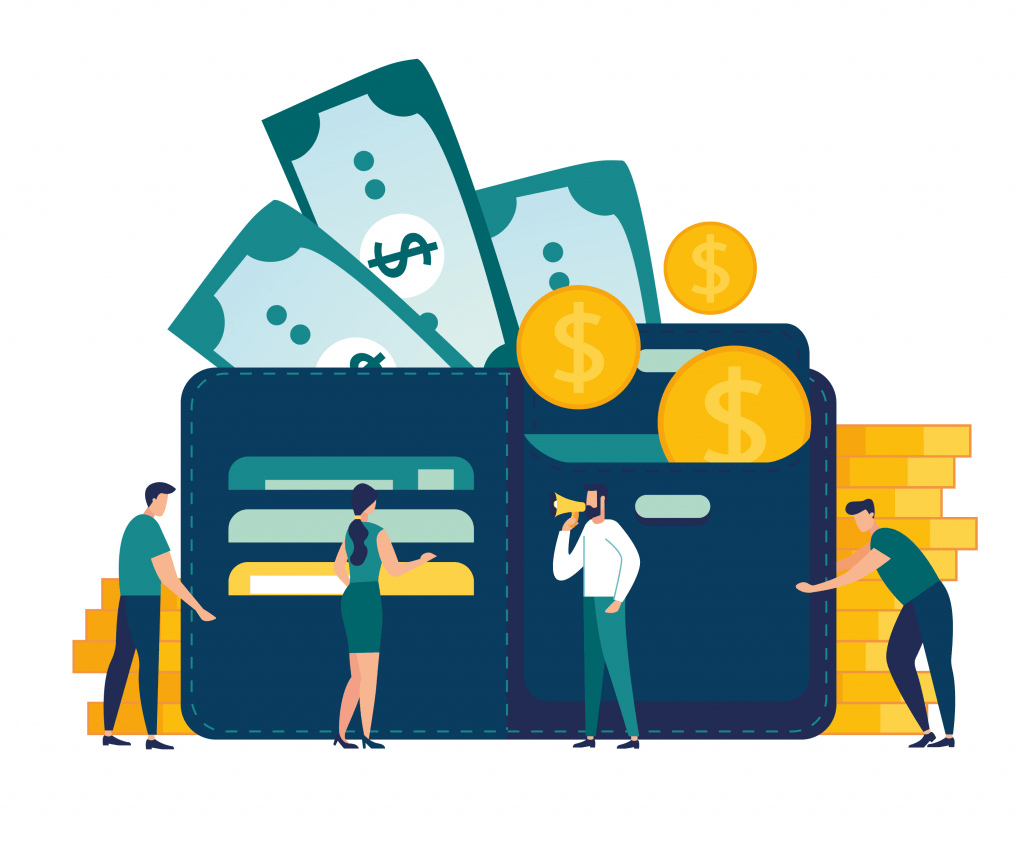
Introduction
It can be painful from time to time to reflect and confront yourself with some of the expensive habits you have. As I recently moved into my humble new home, I was looking for ways to fill the huge shelf above my desk. My girlfriend had managed to fill it halfway already with plants in all kinds of sizes, but there was still a large amount of space to fill…right?
Not immune for things like flattery and the occasional compliment on my literacy, the idea sprouted that an A-class book collection would like marvelous on there. Don’t worry: I didn’t immediately buy ‘The Art Of War’ and 20 other books online for 15 euro’s a piece, but what I did do was but them on my ‘things I ask can ask for Christmas’ list. It neighbored other items which I actually need like a new electric hand mixer (which I, before it broke down, used very often). Luckily, after some time, the frugal voice in the back of my head kicked in and talked some reason into me.
I like reading. I don’t always have the time for it, but on a yearly basis I get through 6-7 books I’d say. That is not a lot, but it isn’t nothing neither. However, I have only re-read one book in the last 8 years (for those out there who care: ‘The Shadow of The Wind’, by the amazing Carlos Ruiz Zafon). With that habit in the back of my mind, it barely makes any sense for me to buy books. It would merely have been an (expensive) decoration piece. In fact, I have a library about 500 metres from my door. A blessing.
Of course, this isn’t necessarily an article about books, which I assume are in general only a meagre part of one’s monthly expenditure. It is however symptomatic of a behavior I see very often around me (and, as the example illustrates, I am certainly guilty myself!). I call this the ‘That way we have it’ behavior. It is something that is nicely illustrated in one of my favorite TV-shows; ‘Arrested Development’. If you don’t take something away from this article, at least give the show a shot.
Anyway: this behavior became quite clear to me when working on the house. As we rented before, we did not have a vast array of working tools at our disposal when we entered the house and wanted to do some work. At one point, we had finished painting and wanted to arrange our skirting boards. Having to cut this in quite an unusual angle, we were quickly confronted with the fact that we did not have the proper tools, at all. Ultimately, we ended up going to the store to look for a miter saw. Confronted with what we thought were outrageous prices, we were in doubt. Of course, it was a lot of money, but that way we had it, right? Luckily, we decided to sleep on it. We turned around and started looking for alternatives.
Like that, we stumbled upon Peerby. On its website, people can rent out material they own for a (small) fee. We very quickly found (multiple) people really close by who offered to rent it to us. I think I would have to have use the miter saw about 20 times to ‘justify’ the purchase. I don’t plan on using one again in the next 7 to 10 years. I used it and dropped it off again, 1.5 km from where I live. The skirting boards are now perfectly sawn. I am quite certain I will use the service again. It saved me quite a lot of money and certainly contributes to a more sustainable environment.
Purchasing scrutiny
This principle of course is applicable to a lot of other domains. Think for instance about food. An average household in the Northern Hemisphere throws away a lot of food (“we better have too much than not enough!”), whereas this is very often still usable or could have been prevented by better planning. Again, the interests of your wallet and the environment are aligned here.
Or think about clothing. How many clothes you have go unused? How many are worn once or twice? For a lot of us the answer will be ‘too much’. And yet we keep buying new ones. Also for this there are numerous apps & sites out there. Have a look at Vinted for example, where you can buy & sell clothes as you please. Or, for your next purchase, have a stroll to your secondhand store. They are getting more & more popular and the offer is increasing rapidly. See how – again – your wallet & footprint go hand in hand?
To conclude…
Of course, this is not a binary exercise. It is a careful trade-off (and of course, it should not dominate your life). But from time to time, take a step back. See how really necessary your purchase is and how much benefit it will give you.
Last week I got a card in my mailbox. It was a card announcing the birth of the son of one of my colleagues. It is standing proudly on my shelf, next to the plants. No ‘Art Of War’. Yet..
Thoughts on this? What are some of the unnecessary purchase you’ve done over the last time? More importantly: what are some of the tips & tricks you can share that help you to contain it? Looking forward to hear from you!